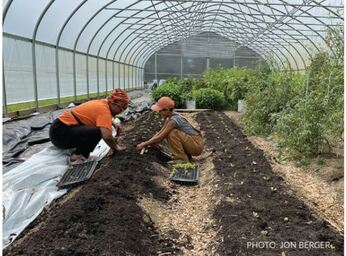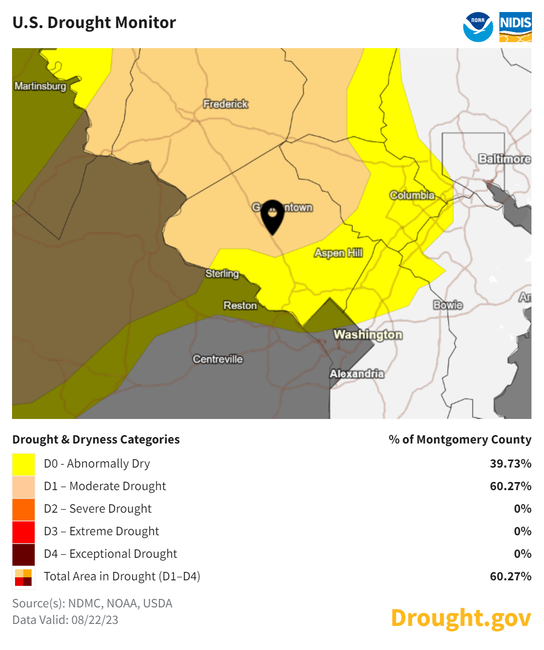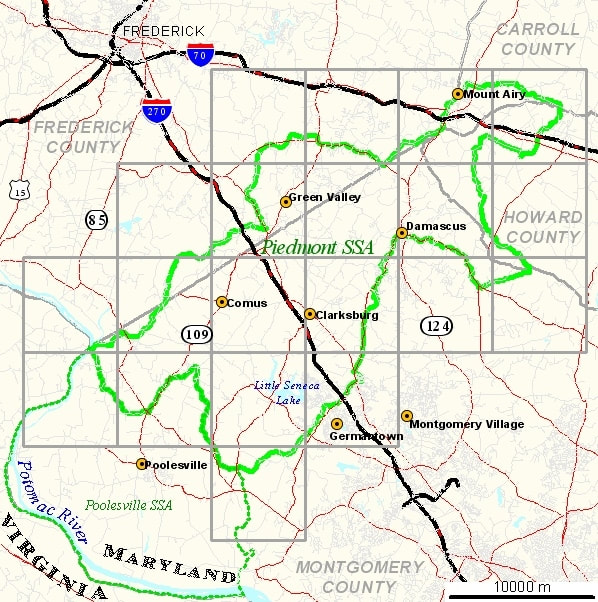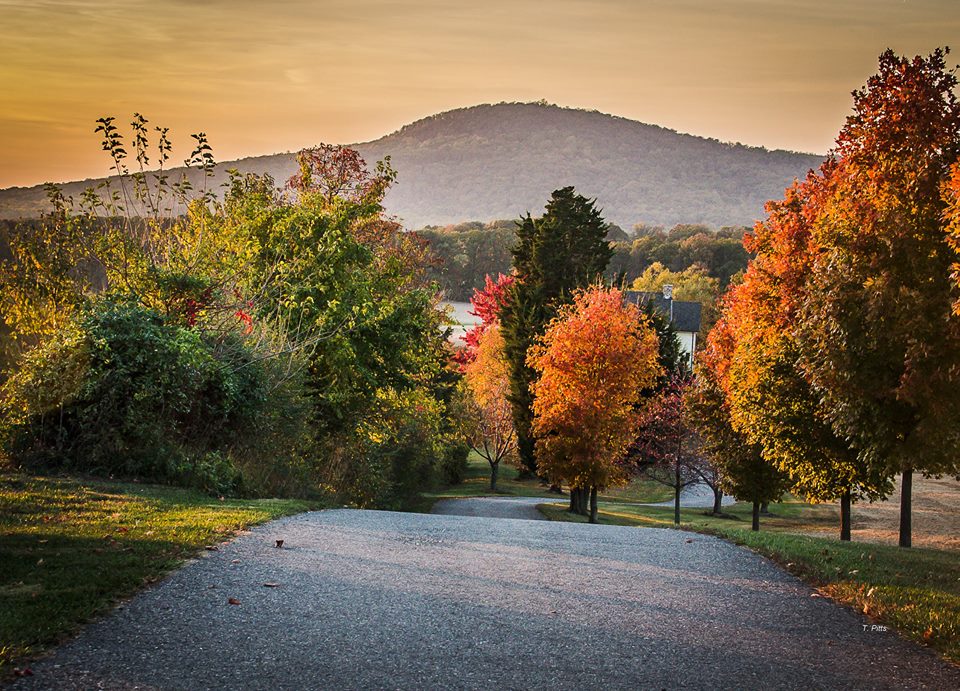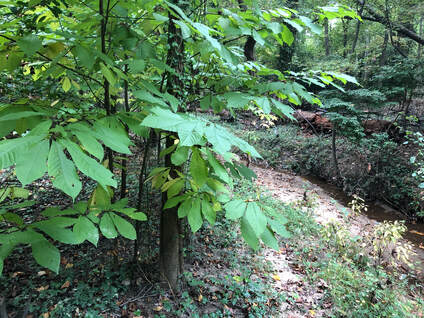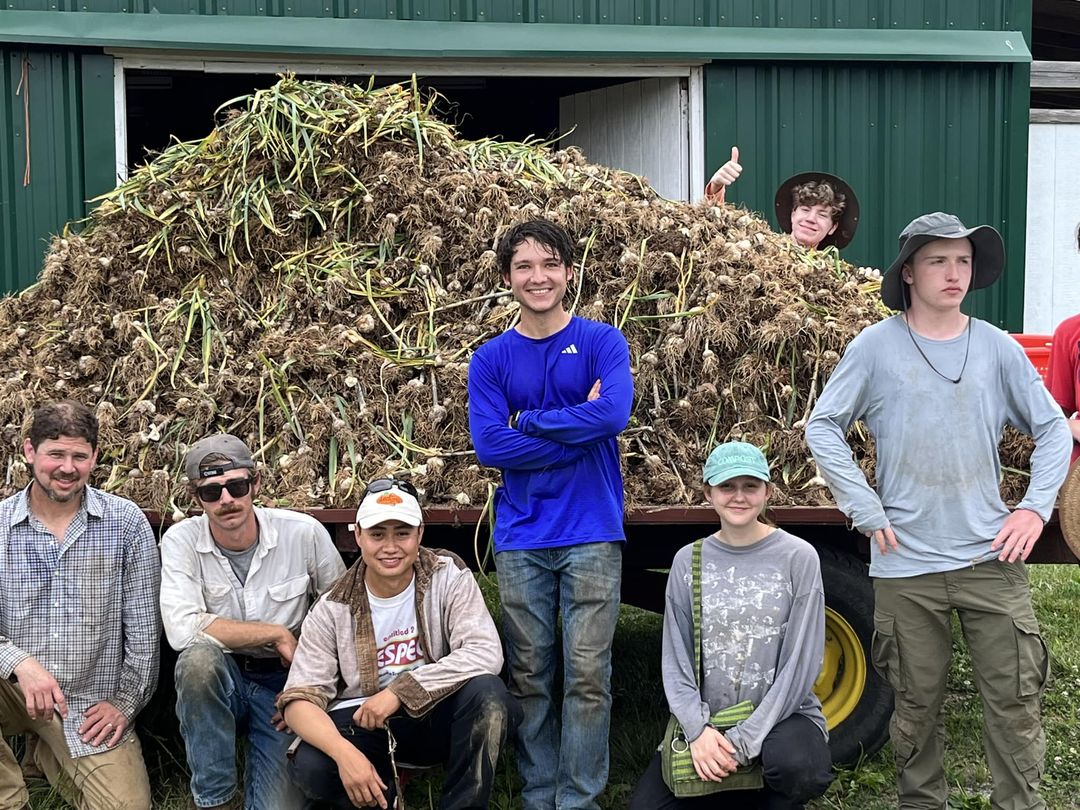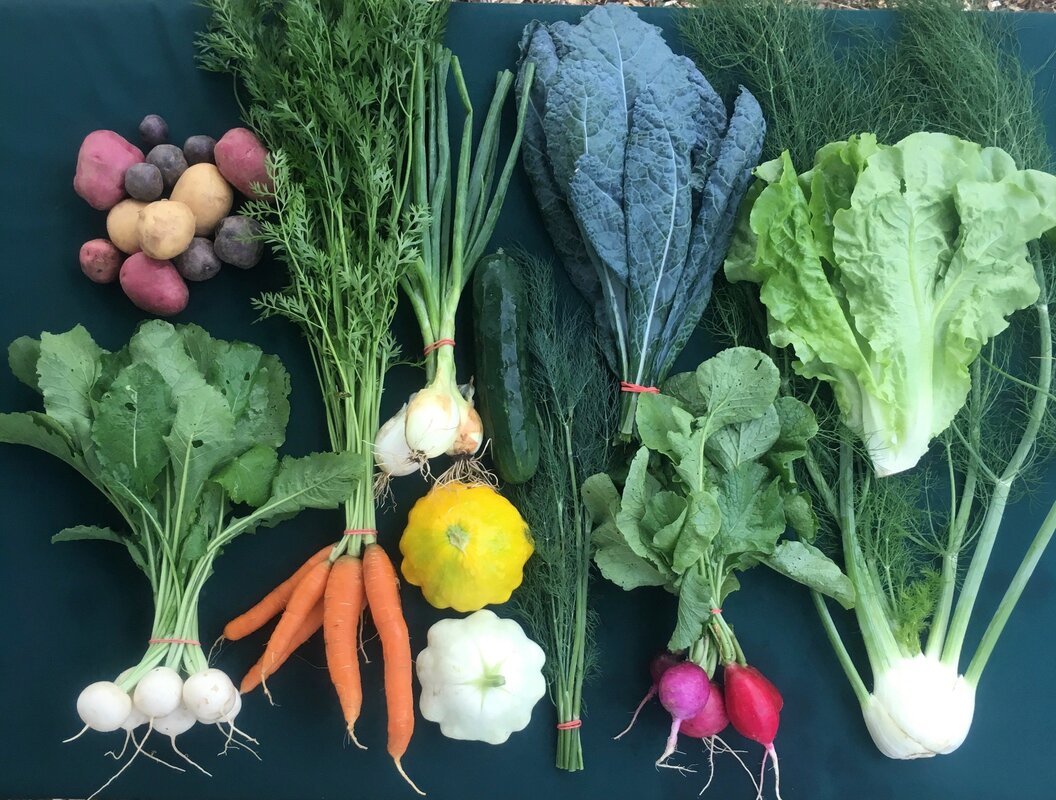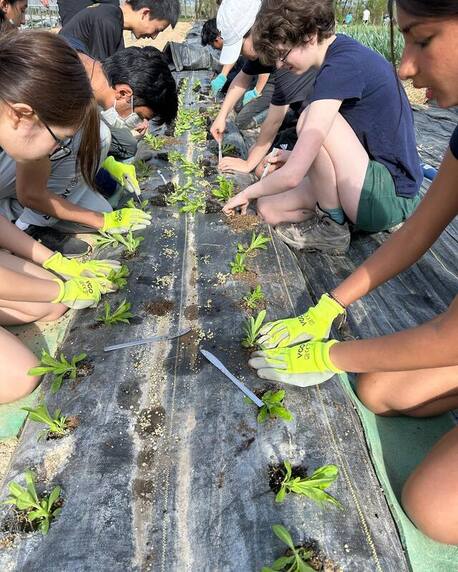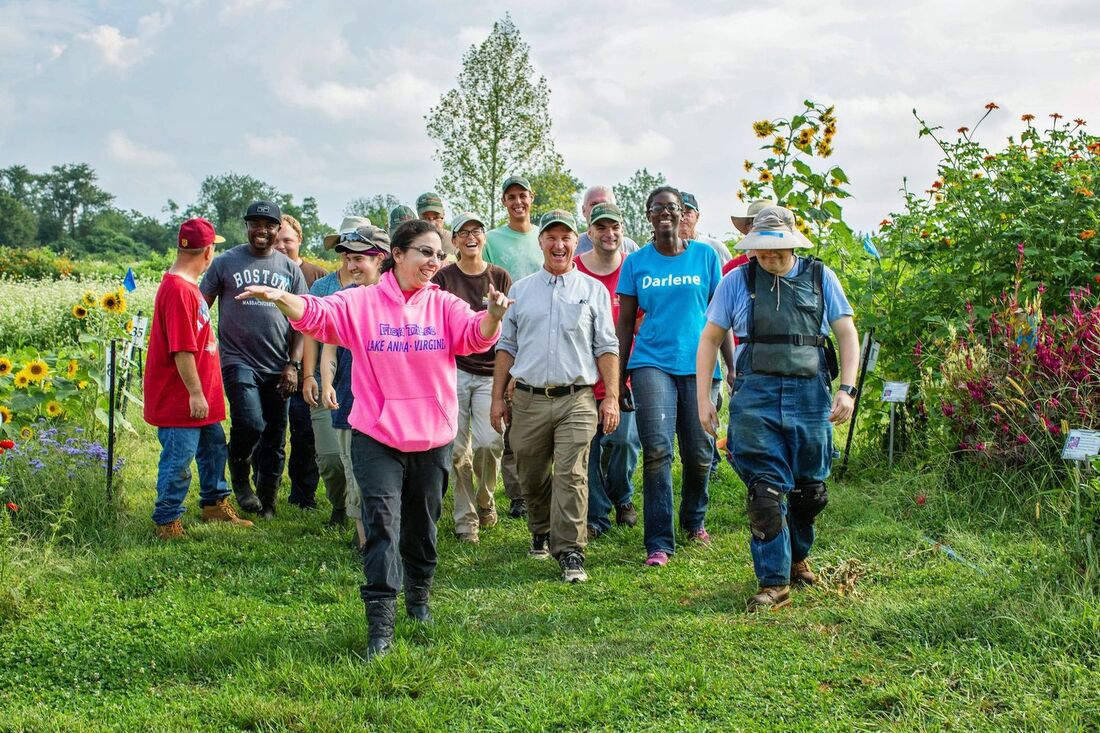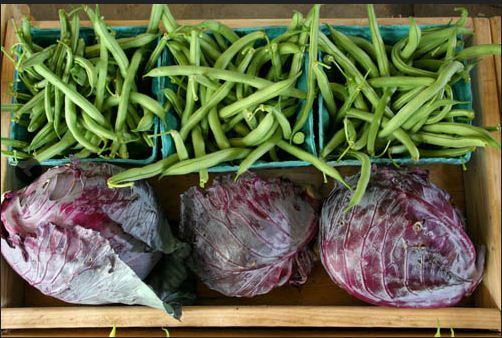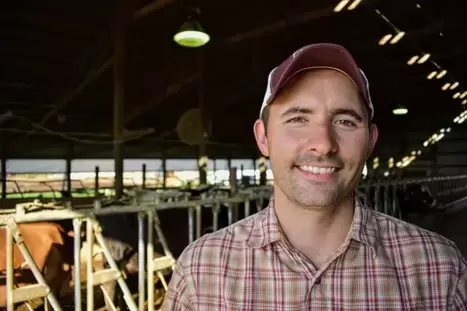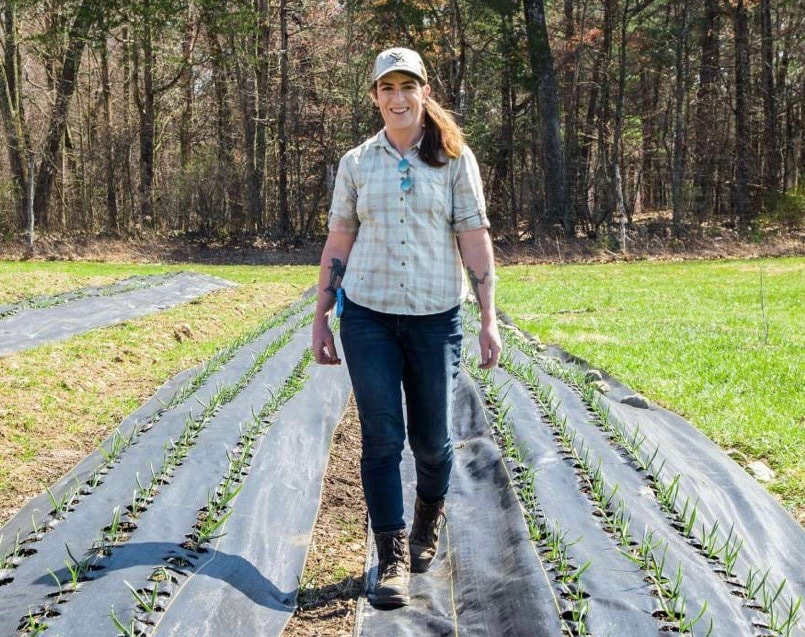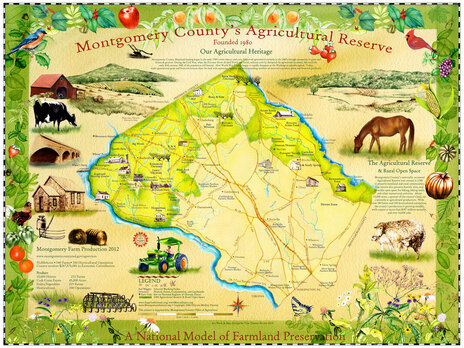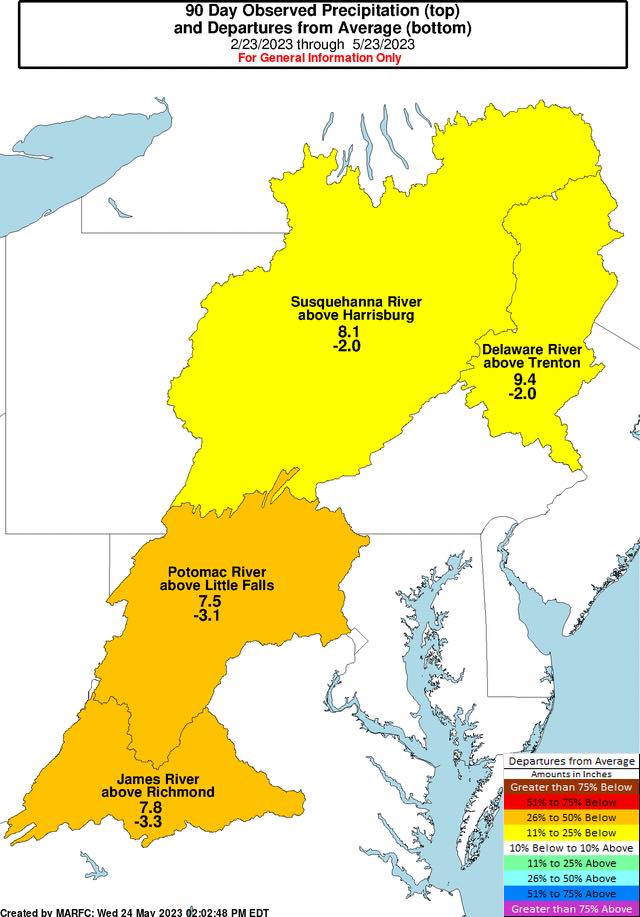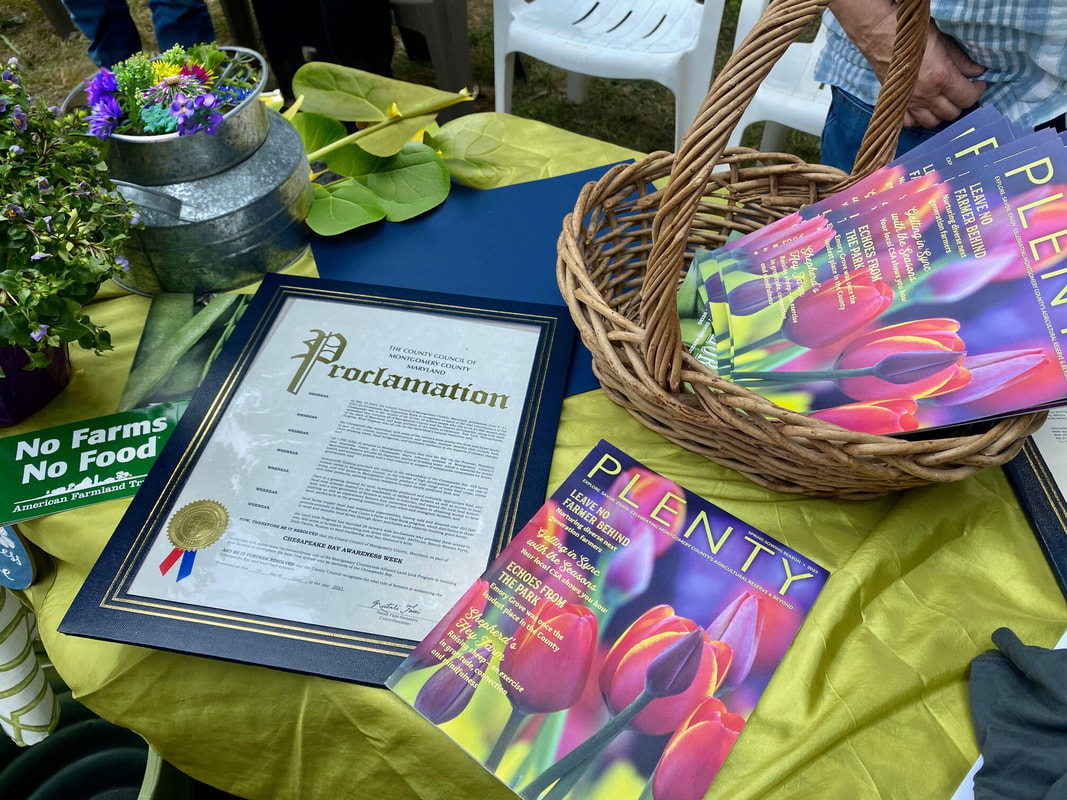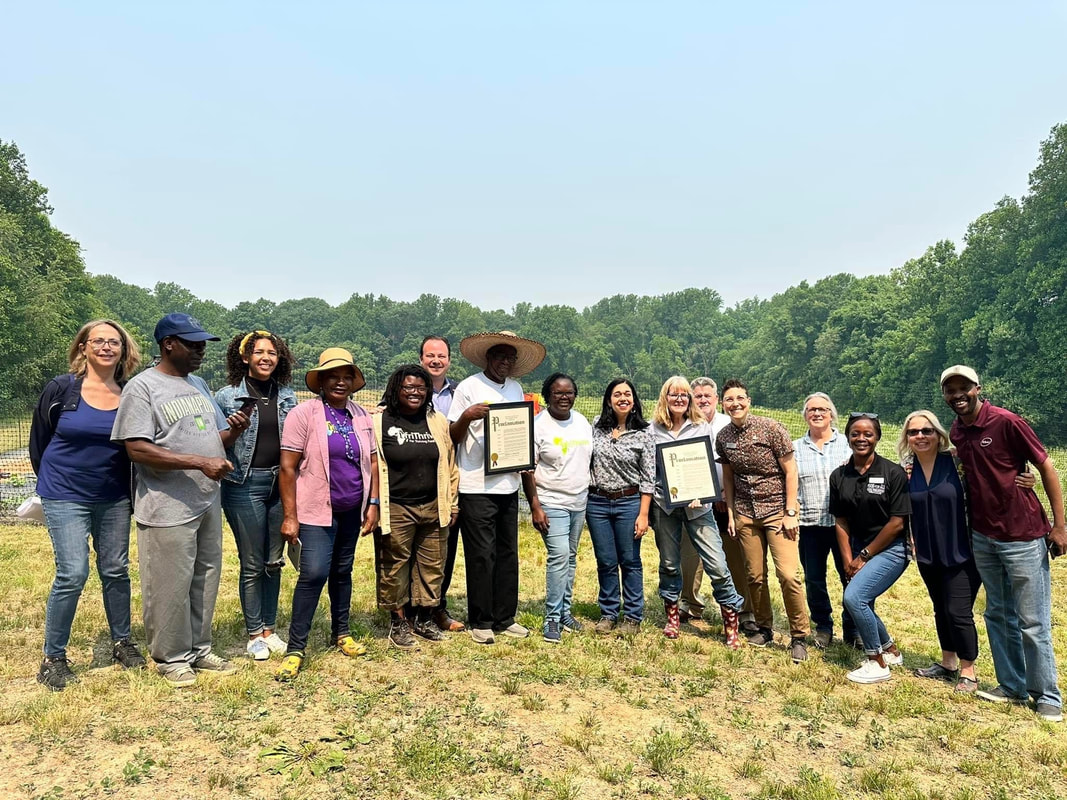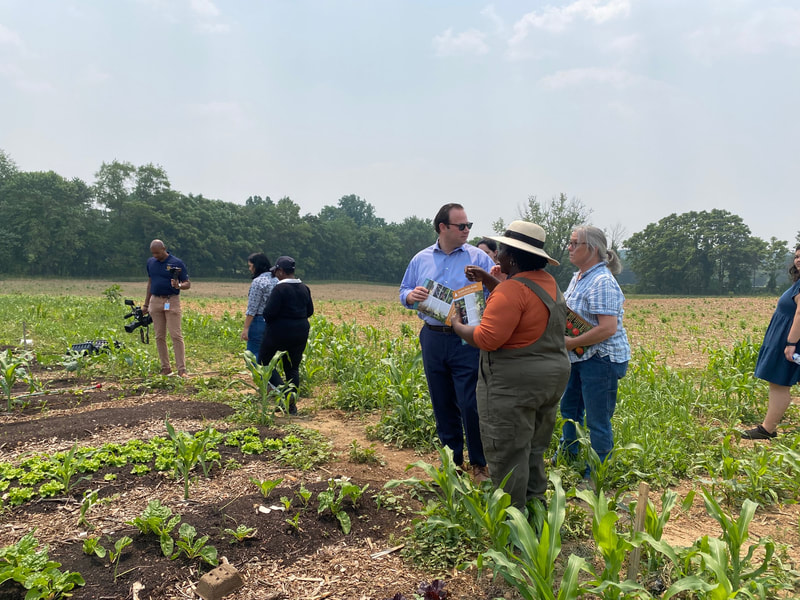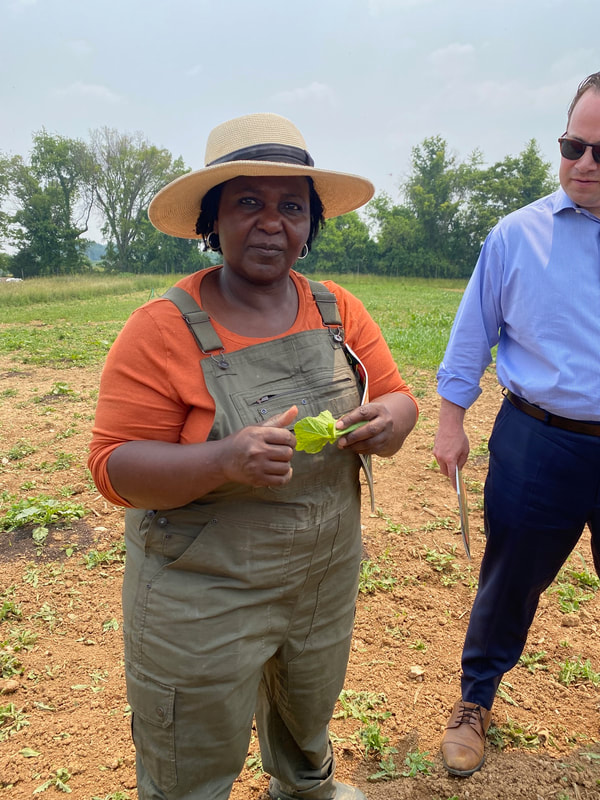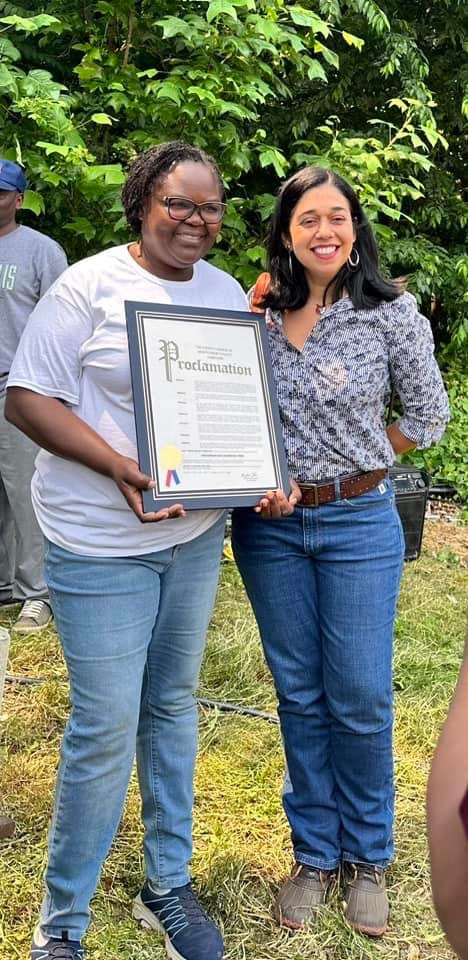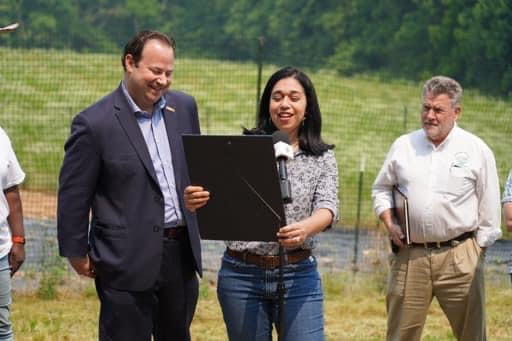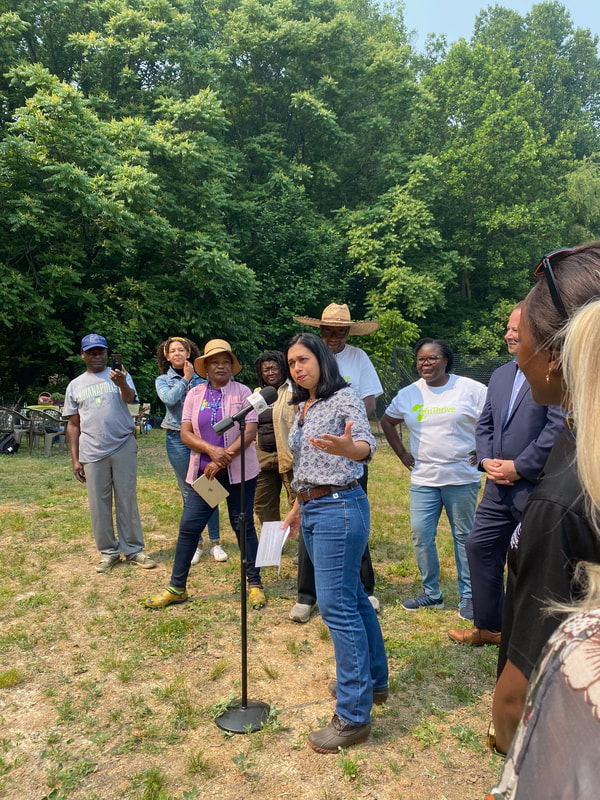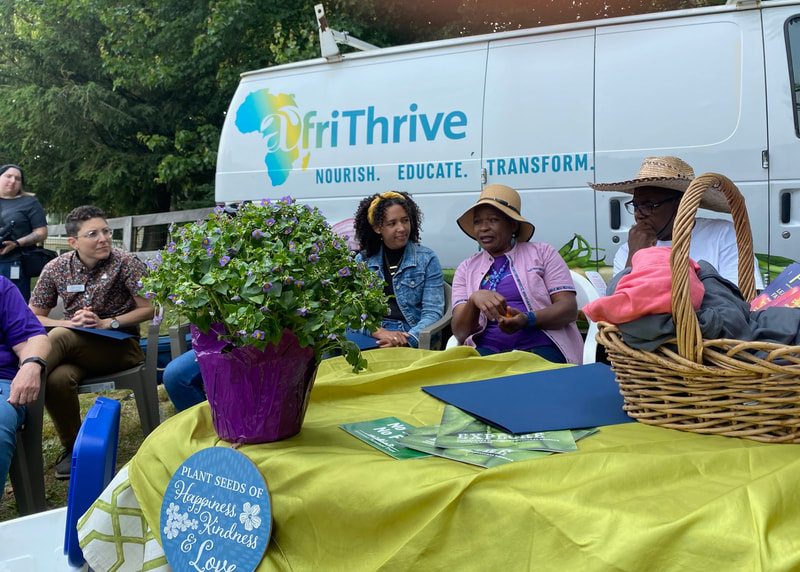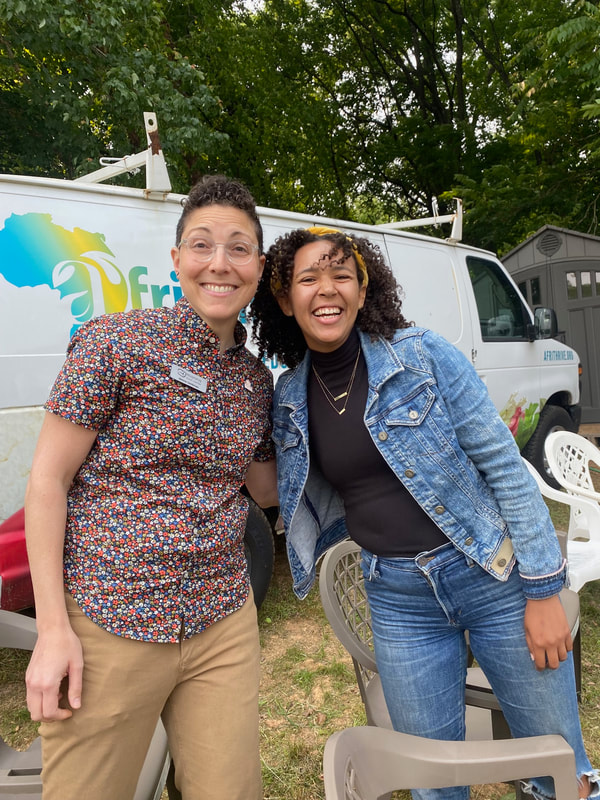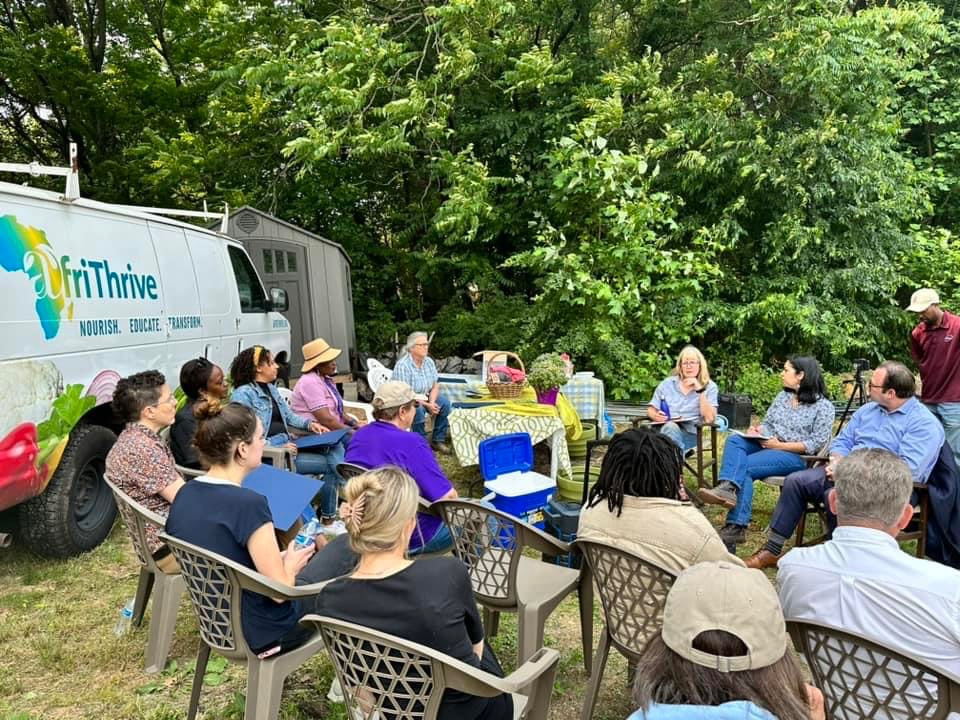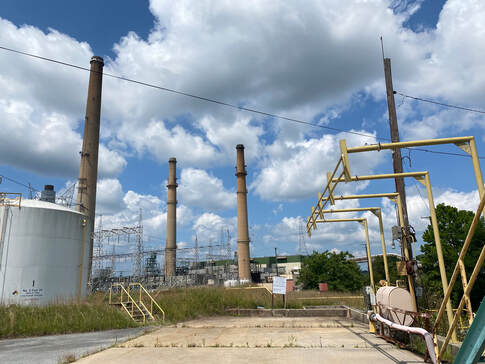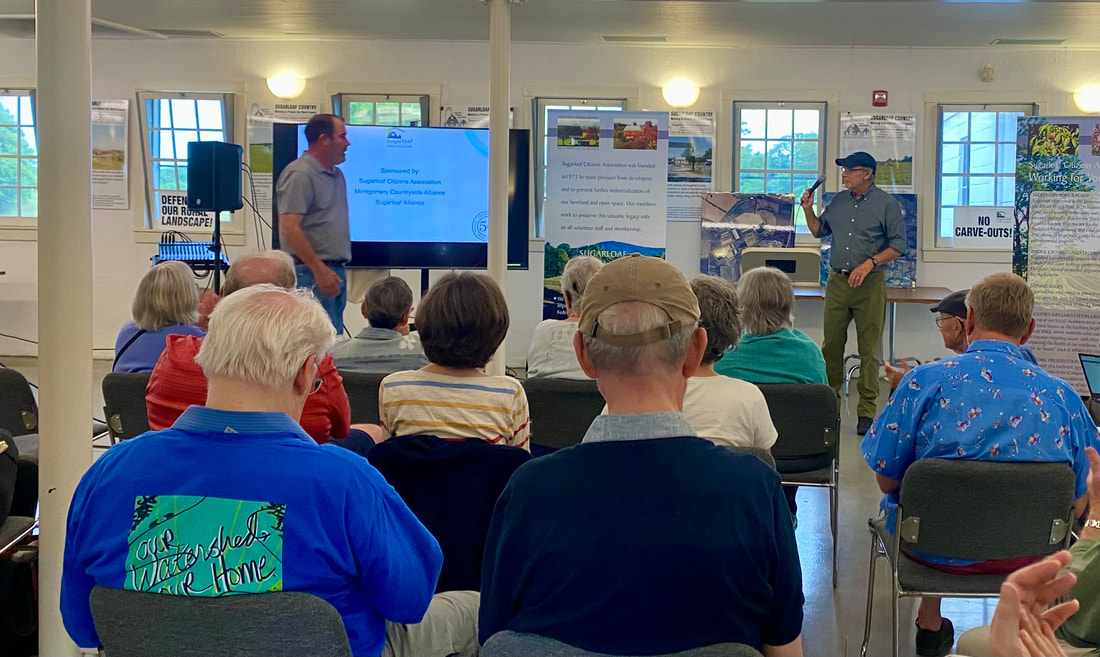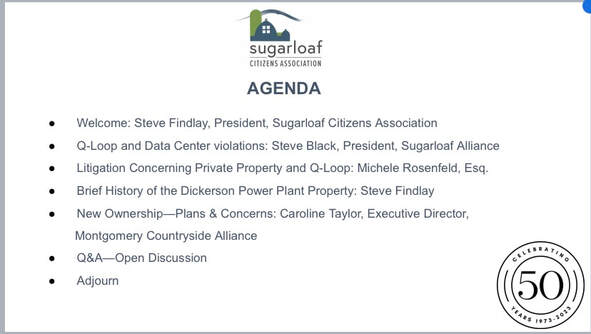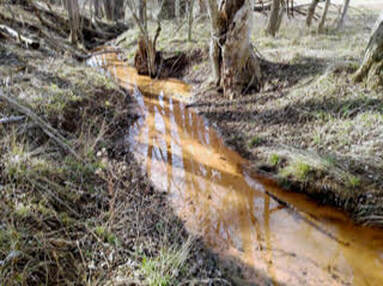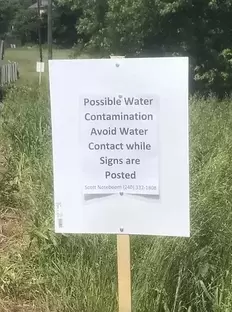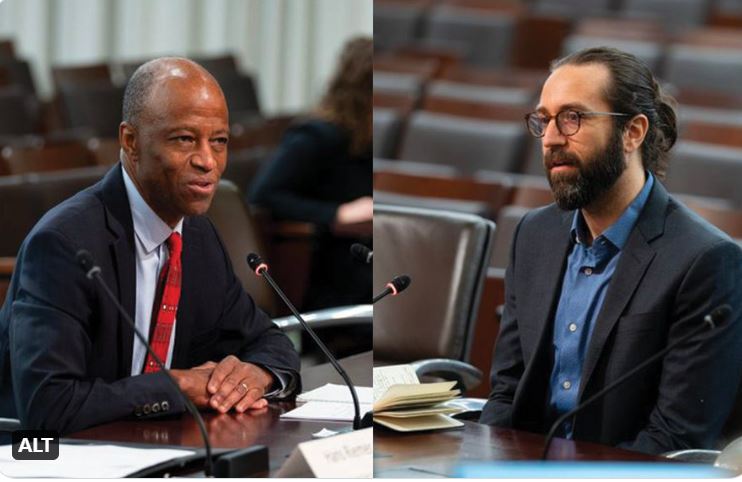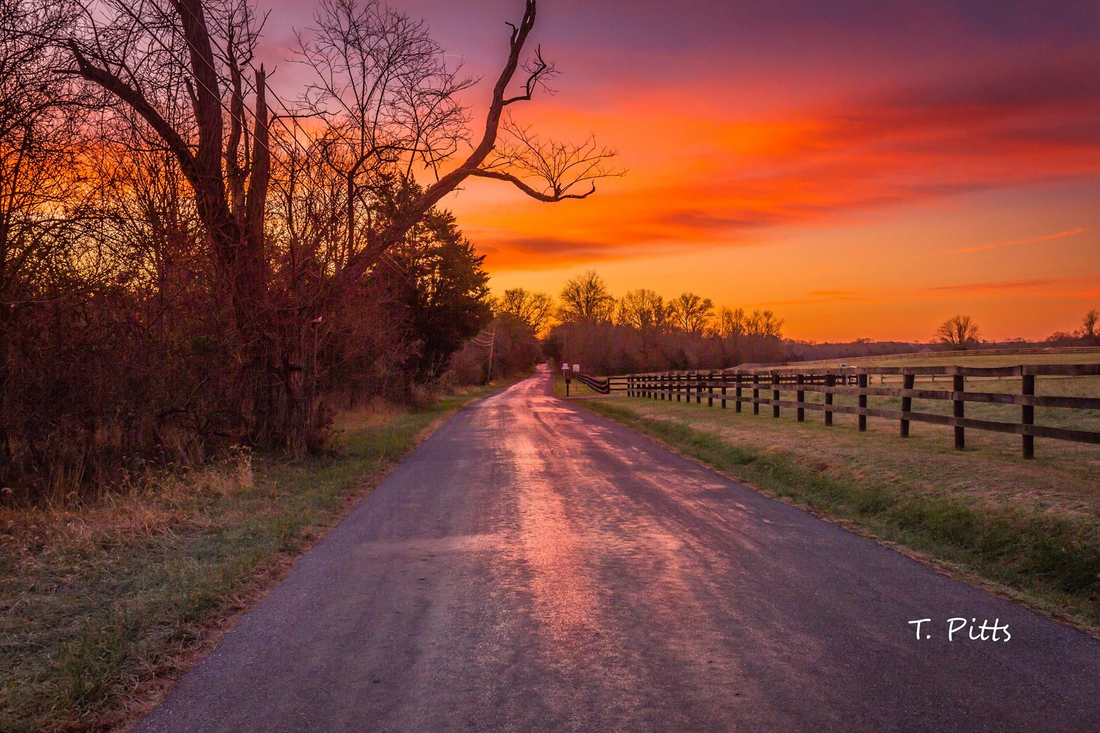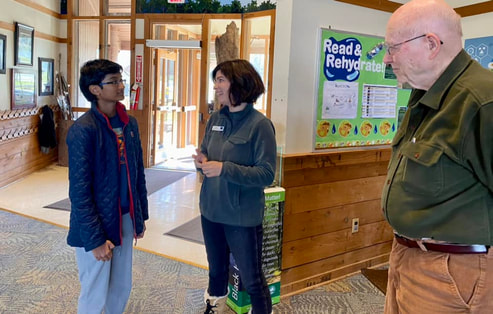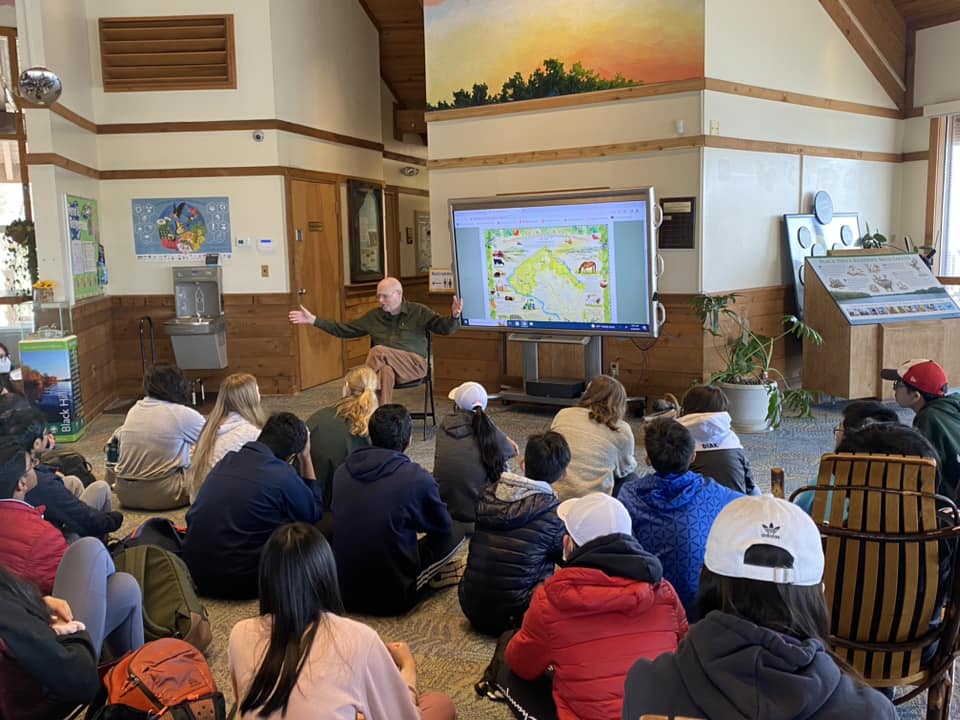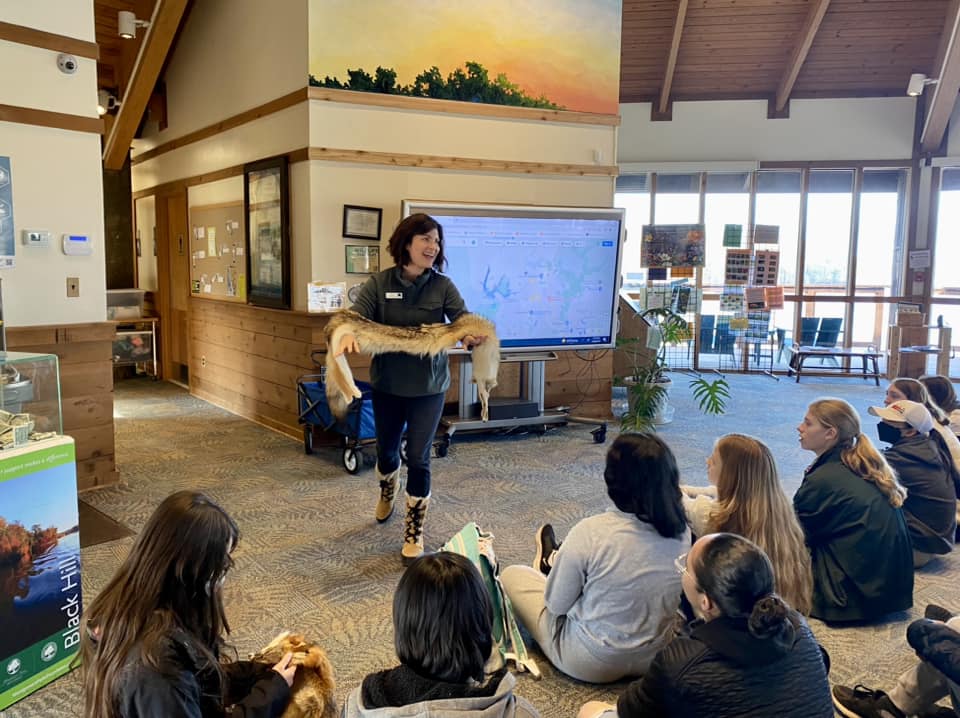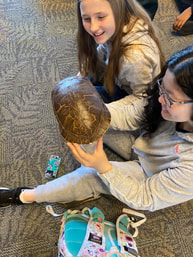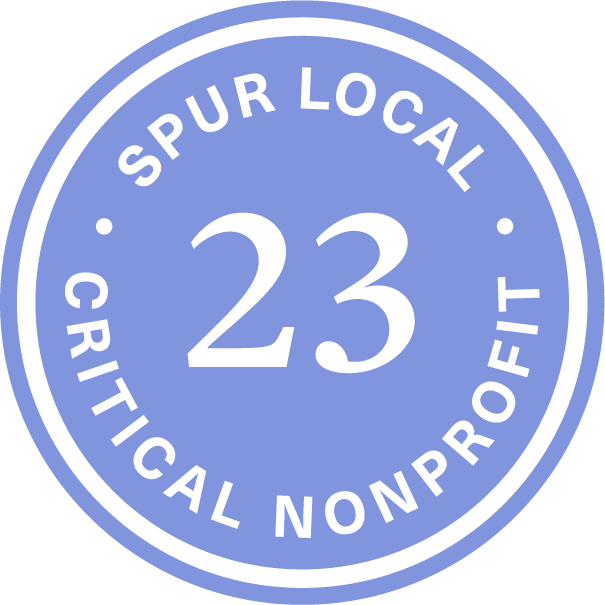The new master plan for the Briggs Chaney - Fairland neighborhoods is a plan that incorporates a stronger food access system for residents by taking account of the things a typical plan does - access to grocery stores and restaurants but it goes further to encourage expanded community gardens and local food hubs to strengthen the local food system. This is an exciting development and MCA wrote to support this plan - both as an individual organization and jointly with partner organizations.
MCA's letter here
Joint Letter here
The time is ripe to collaborate on solutions that get more residents growing. This draft plan’s focus on a sustainable local food system plan and Agriculture Technical Hub is the right step forward and the Eastern County is the idea place to take this step. With partners, we are envisioning a further step – a fully featured small farm incubator program that brings together land, equipment and mentoring to create thriving small farms on hubs throughout the County. We stand ready to partner to make this pilot project a reality in the Eastern County and scale up to other parts of the county.
The plan in its draft form was well received and approved for the next step by the planning board. Follow along here.
Also check out support for the plan from Dan Reed, native of Fairland.

